CONTACTAbout UsCAREER OPPORTUNITIESADVERTISE WITH USPRIVACY POLICYPRIVACY PREFERENCESTERMS OF USELEGAL NOTICE
© 2025 Equal Entertainment LLC.
All Rights reserved
All Rights reserved
By continuing to use our site, you agree to our Privacy Policy and Terms of Use.
We need your help
Your support makes The Advocate's original LGBTQ+ reporting possible. Become a member today to help us continue this work.
Your support makes The Advocate's original LGBTQ+ reporting possible. Become a member today to help us continue this work.
International family planning groups cut off from aid because of their position on abortion could gain access to contraceptives donated by the United States under legislation approved by a House panel Tuesday.
Rep. Nita Lowey, a New York Democrat and chair of the House Appropriations subcommittee overseeing the State Department and foreign aid, said the contraceptive provision leaves intact the Reagan-era policy of banning aid to groups that provide or promote abortions.
Republicans disagreed and cited a letter to Democratic leaders from President Bush last month warning that he would veto any legislation that weakens current policy and laws on abortion. If the measure reaches the White House, Rep. Frank Wolf of Virginia, top Republican on the panel, said members of his party ''will veto the bill.''
The bill, in another swipe at a favorite administration program, gives Bush and future presidents the right to waive current law that requires that one third of U.S. aid for HIV/AIDS prevention be spent on abstinence programs.
Rep. Dave Weldon, a Florida Republican, who helped draft the original abstinence language, said he was confident that the current administration would continue to promote it. But he warned that the country will get a new president in 2009 who could overturn the program.
The contraceptive language is part of a $34.2 billion bill to fund State Department and foreign assistance programs in the fiscal year starting in October. The full committee is expected to vote next week, and a full vote in the House could take up in two weeks.
The bill includes $4.15 billion in bilateral aid to fight the global AIDS epidemic, up $1.3 billion from the fiscal 2007 level, and another $550 million for the Global Fund to Fight AIDS, Tuberculosis, and Malaria.
President Reagan in 1984 instituted the Mexico City Policy, which bans U.S. financial help for international family planning groups that support abortion, even with their own money, through services, counseling, or lobbying.
President Clinton rescinded the policy when he took office in 1993, but President George W. Bush revived it in 2001. Several Democrat-led efforts in Congress to change the policy have fallen short.
Lowey said the bill allows for donations of contraceptives, but no money, for those groups that have been denied U.S. aid because of their abortion policies. She said this would reduce abortions and the spread of AIDS and cut the number of high-risk and unintended pregnancies.
''Contraceptives prevent abortion, plain and simple,'' said Terri Bartlett, vice president for public policy and strategic initiatives at Population Action International, an international advocacy group dedicated to preserving global resources and supporting population programs grounded in individual rights. ''Cutting off the flow of contraceptives to women and couples in impoverished countries makes no sense at all.''
Population Action International has reported that since Bush reinstated what opponents call the ''global gag rule'' in 2001, shipments of U.S.-donated contraceptives have been stopped to 20 developing countries in Africa, Asia, and the Middle East.
But Douglas Johnson, legislative director of the National Right to Life Committee, said the contraceptive language would gut a policy that stops funding to groups ''aggressively promoting abortion'' while channeling those funds to the many groups that agree to the conditions.
He also warned that Democrats will be unable to pass their spending bills if they reopen abortion issues. ''That's the judgment they have to make,'' he said. ''There are certainly sufficient votes to sustain a veto.'' (AP)
From our Sponsors
Most Popular
Bizarre Epstein files reference to Trump, Putin, and oral sex with ‘Bubba’ draws scrutiny in Congress
November 14 2025 4:08 PM
True
Jeffrey Epstein’s brother says the ‘Bubba’ mentioned in Trump oral sex email is not Bill Clinton
November 16 2025 9:15 AM
True
Watch Now: Pride Today
Latest Stories
Out100 2025: See all the fabulous red carpet looks from the star-studded event
November 21 2025 11:07 PM
Massive trans pride flag from national park becomes red carpet moment at Out100
November 21 2025 9:38 PM
Marjorie Taylor Greene, the anti-LGBTQ+ Republican congresswoman, to resign in January
November 21 2025 8:45 PM
Remembering the groundbreaking bisexual activist and author Loraine Hutchins
November 21 2025 6:51 PM
Trans people and people of color have been quietly erased from national caregiving plan
November 21 2025 3:13 PM
Southern states ban transgender books from YA and children's sections in libraries
November 21 2025 11:57 AM
How community 'goodwill' helped open a new shelter for LGBTQ+ young adults in Harlem
November 21 2025 11:06 AM
U.S. Coast Guard backtracks on acceptability of ‘potentially divisive’ swastikas & nooses
November 21 2025 10:27 AM
The South’s first out LGBTQ+ congresswoman is fighting a GOP effort to cut her out of Congress
November 21 2025 9:41 AM
New U.S. Coast Guard policy OK with some swastikas & nooses, but not transgender service members
November 20 2025 4:58 PM
True
What is 'The Bird Theory' and does it work for LGBTQ+ couples, too?
November 20 2025 4:20 PM
Trans National Guard member sues Trump admin over bathroom ban
November 20 2025 3:41 PM
America’s most basic HIV protections are in danger as a decade of progress unravels
November 20 2025 3:12 PM
Susan Powter says she's a 'huge lesbian,' gives her biggest bit of dating advice
November 20 2025 11:44 AM
Democrat Sarah McBride on her approach to expanding trans acceptance in Congress — and America
November 20 2025 10:44 AM









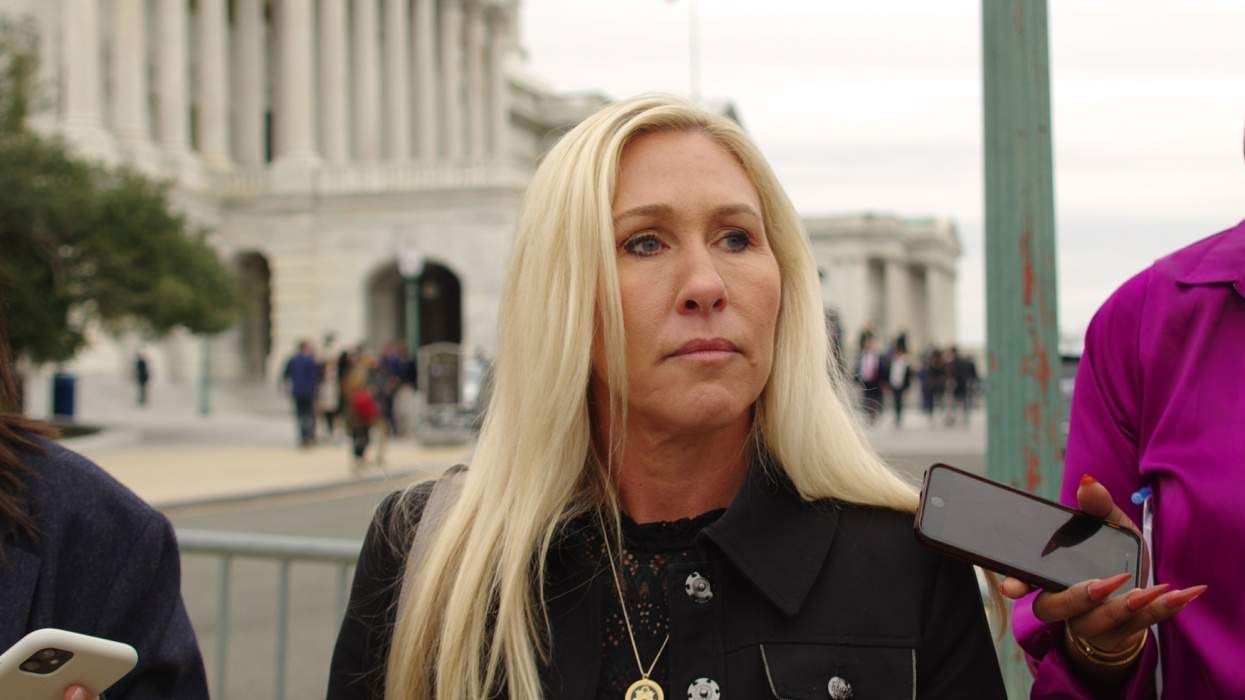
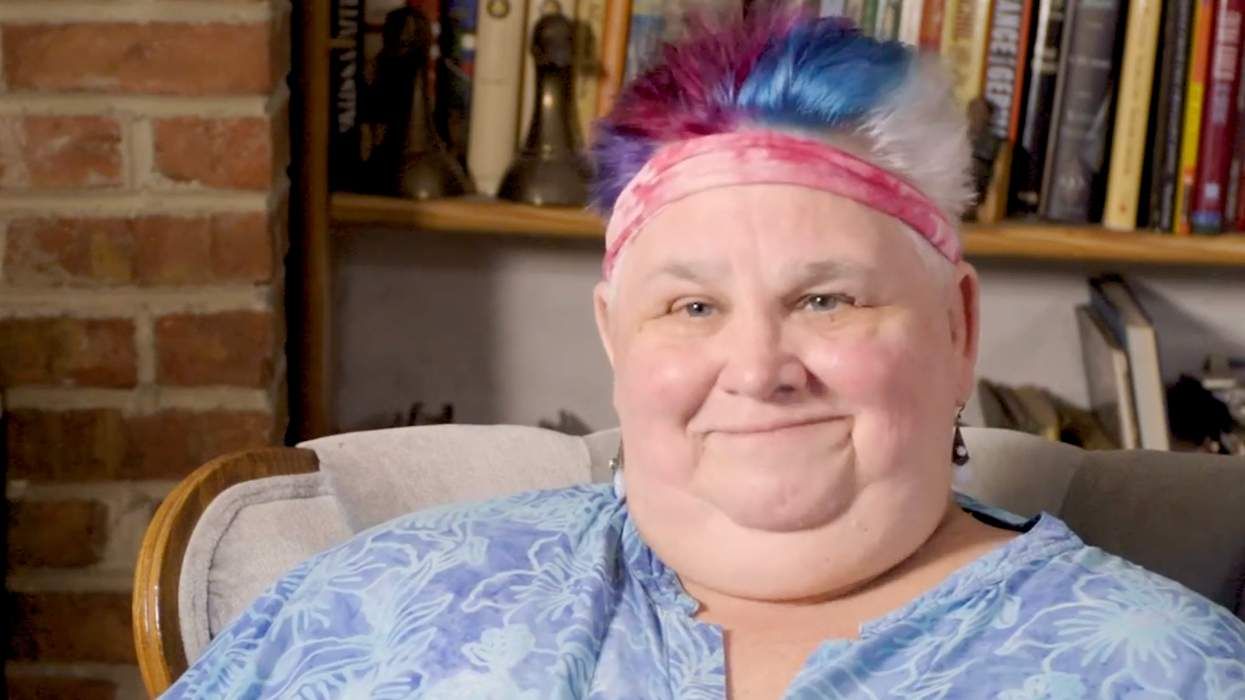




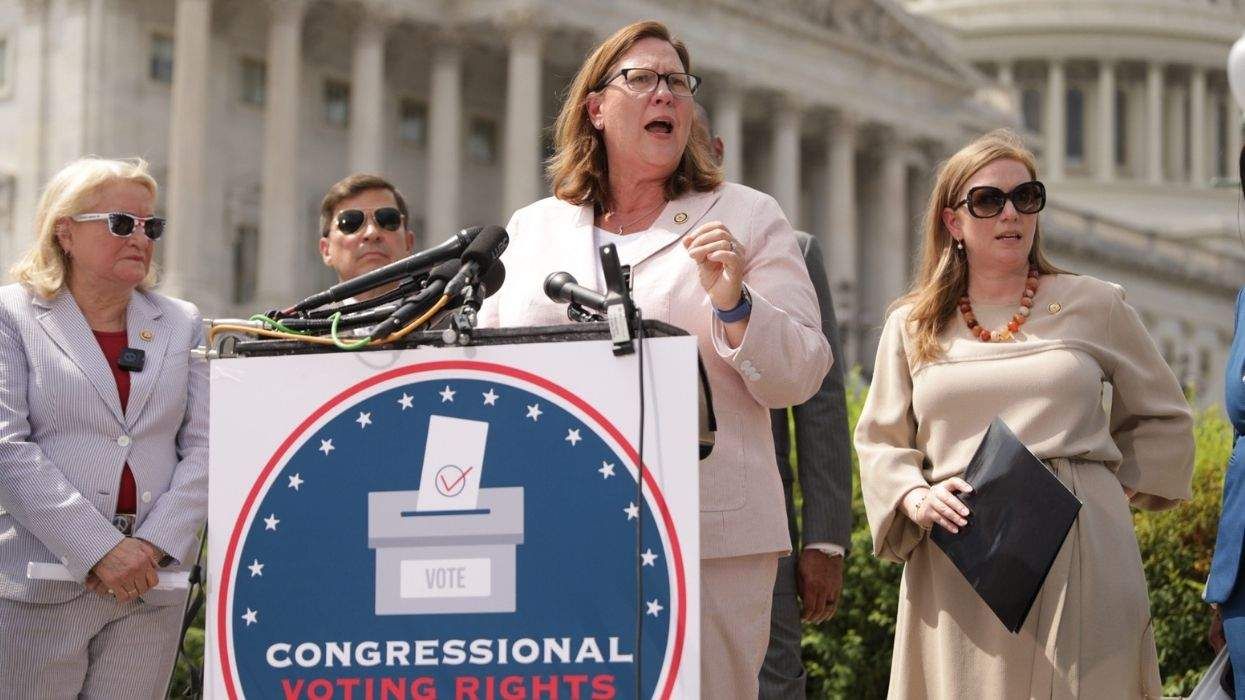



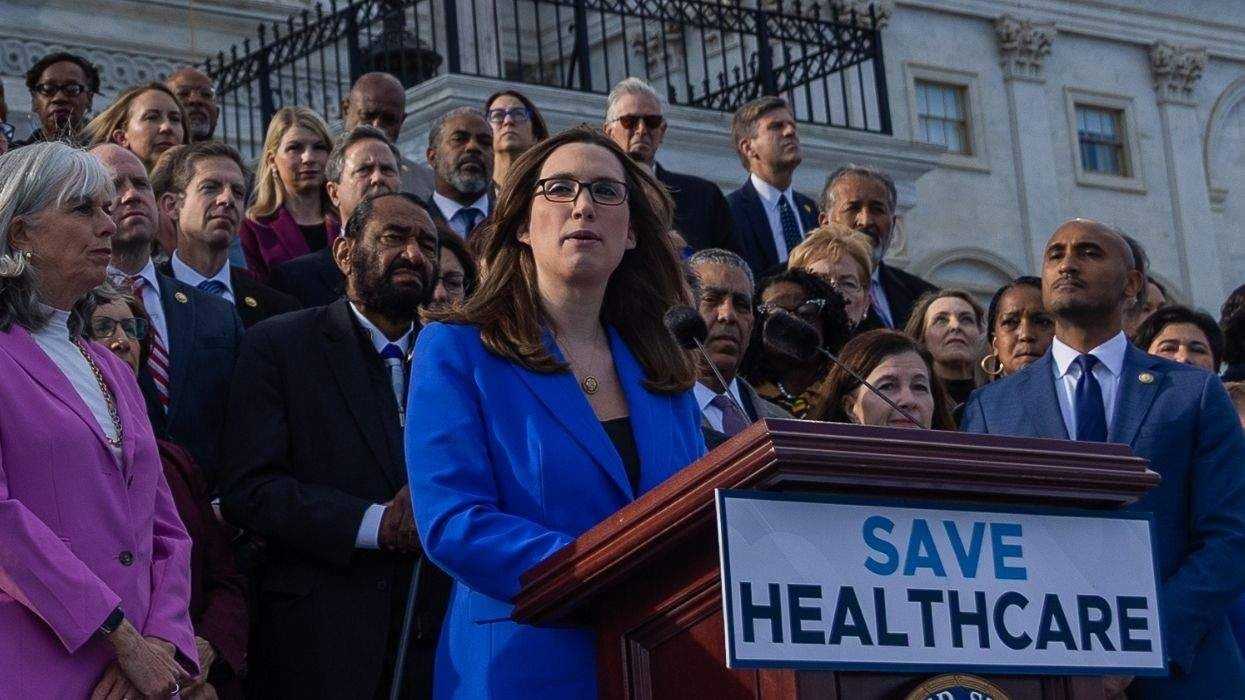

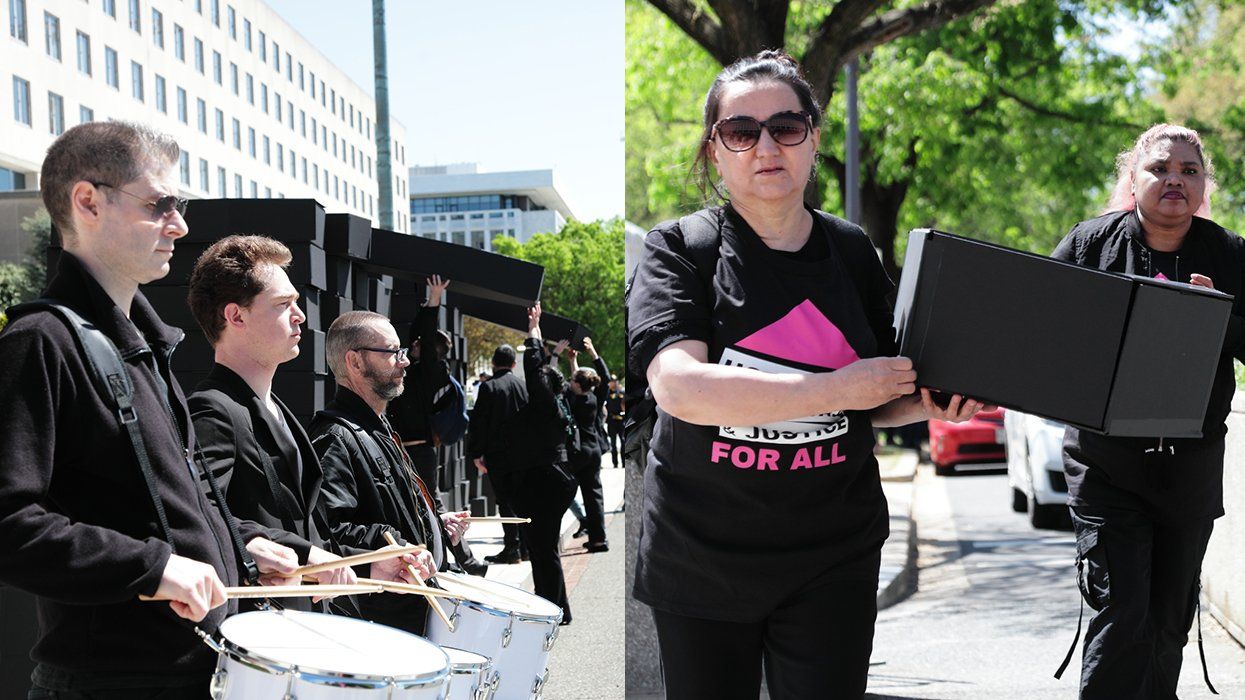


















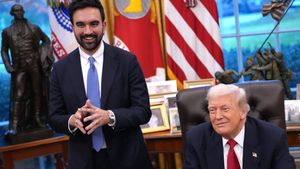
























Charlie Kirk DID say stoning gay people was the 'perfect law' — and these other heinous quotes